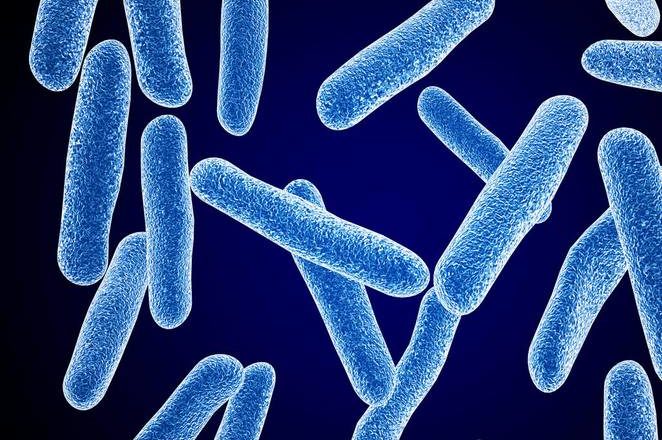Bacteria in children
Blood bacteria are a very common disease among children, and cause them many health problems. As blood is a sterile environment for the body, and when bacteria spread, it means that there will be a defect and weakness in the child’s immune system, and the child will get infected with many dangerous infections and inflammation, which may lead to end his life, and in this article we will learn about the treatment of bacteria in children and its causes and ways of prevention.
Causes of bacteria in children
- Bacteria can be caused by a child’s surgery and so bacteria spread in the blood.
- The baby can be exposed to remove the spleen that can cause the bacteria.
- Acute pneumonia or meningitis.
- Inflammation in the urinary tract.
- Inflammation in the colon.
- Diabetes disease.
- Bacteria can be transmitted through open-air food or food poisoning.
- Eating vegetables and fruits that are not washed.
- Drink contaminated water.
- The bacteria can be transmitted through intravenous injection.
- Playing with contaminated toys or using contaminated tools.
- Some surgeries are performed in the mouth and pharynx where the bacteria move very quickly.
- Salmonella infection.
- The presence of severe gastritis.
Symptoms of bacteria in children

- Very high body temperature.
- There can also be a decrease in body temperature.
- Frequent chills.
- Increase the acceleration of the heartbeat.
- Low blood pressure.
- Rapid emotion in the child and excessive nervousness.
- The child feels dizzy, light headed and confused.
- Idle and lazy throughout the body.
- Feeling tired and exhausted and growing desire to sleep.
- Noticeable changes in the normal behavior of the child.
- Rashes and red spots appear on the skin and cover all parts of the body.
- Significant pain in the in the joints and back and legs of the child.
Treatment of bacteria in children
- Give the special vaccines required in time to strengthen the immune system in the child.
- There should be an interest in healthy and balanced nutrition.
- Keep your children clean by making them wash their hands when they eat or go to the bathroom or play with toys.
- Sterilization of hands when entering hospitals to prevent the arrival and transmission of any infection to the child from another person.
- When the child is detected and found to be a bacterium, the doctor must immediately treat and prevent the transmission of any disease or infection and multiply the bacteria in his body.
- Drinking water from reliable sources, pure and guaranteed.
- Avoid all contact with animals, especially the ones in public areas.
- Wash the vegetables and fruit very well before the child takes it.



